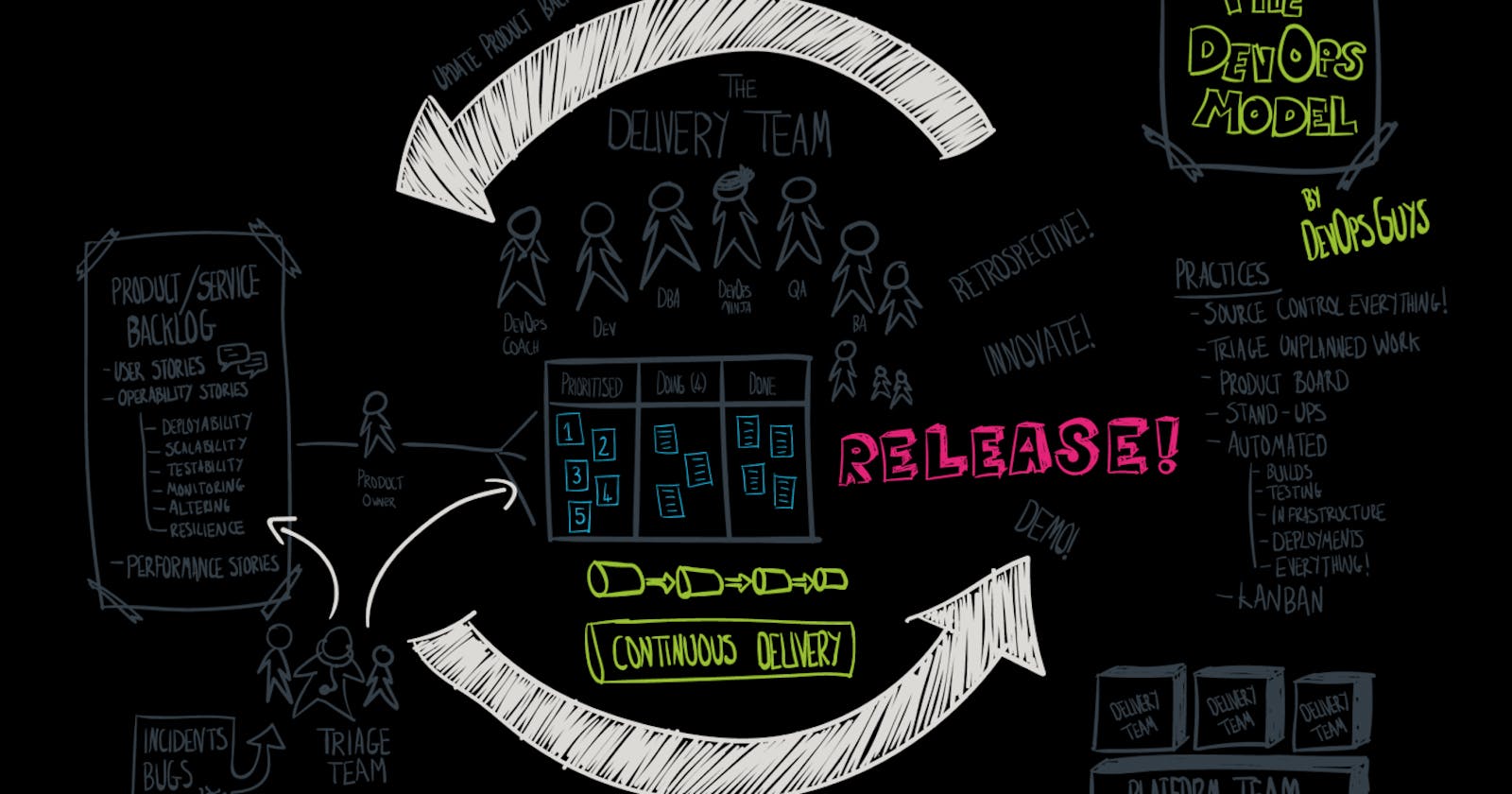When it comes to software development, integrating the spheres of Development and Operations opens doors to a more refined perspective of software development. However, if you are new to the practices of DevOps, you may face certain problems initially regarding its understanding.
Not only this. Being new to DevOps practices will also make it difficult for you to select the right kind of tool for your team. To help you get the perfect tool, we have enlisted the 7 top DevOps tools that you can incorporate into your business operations.
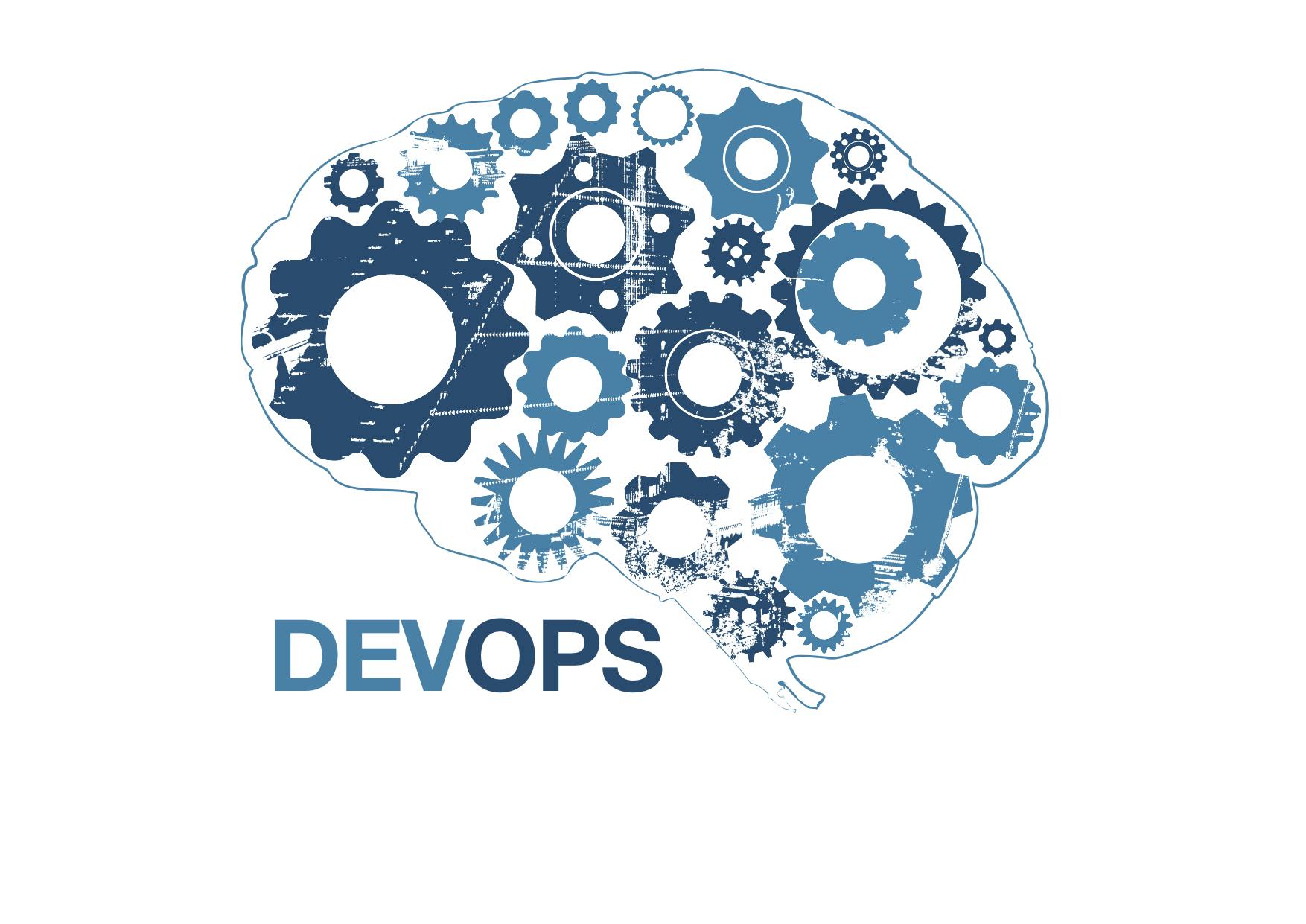
The DevOps tools mentioned below are an amalgamation of automated building tools and application performance monitoring tools.
1. Docker
Since its launch in the year 2013, Docker has been the most popular container platform and is still improving. People consider Docker as one of the essential DevOps tools in existence. It is Docker which has made containerization a trend in the world of technology as it makes distributed development a reality and also deploys your apps automatically.
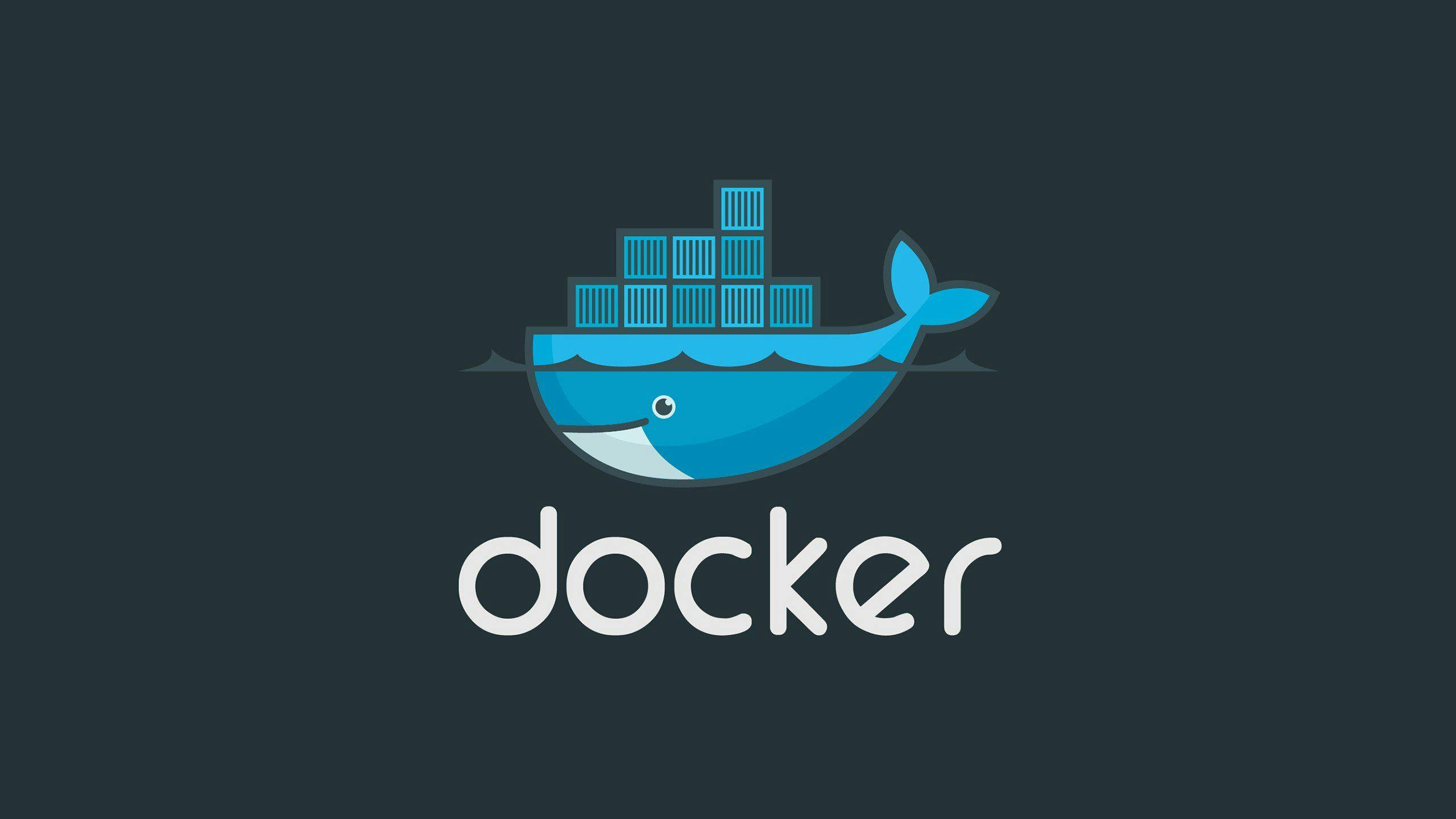
Docker isolates your applications into different containers to make them more secure and portable. The Docker apps are also OS and platform independent. These Docker containers can serve the purpose as a substitute for practical tools like VirtualBox.
Link to Docker
2. Jenkins
Jenkins is also one of the favorite tools for DevOps automation for many software developing teams. It is necessarily a CI/CD server with an open source which allows you to automate of different stages of your pipeline of deliveries. With a considerable plugin ecosystem, Jenkins enjoys a colossal bout of popularity.
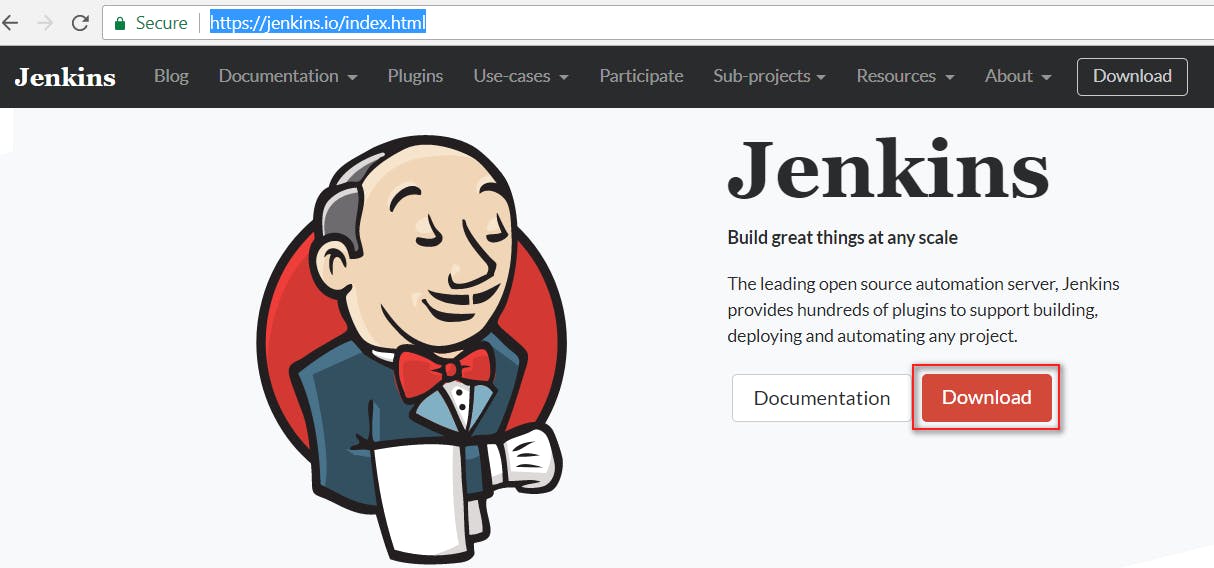
The number of plugins on offer is about a 1,000 making the integration with many tools pretty flawless, be it Docker or Puppet. With the help of Jenkins, you can set and personalize your CI/CD pipeline as per your requirements.
Jenkins is also pretty easy to start working with as it runs on basic Windows, Linux and Mac OS from the start. Jenkins also makes it very easy to create and deploy the new code as soon as possible. The process helps in a straightforward measurement of every single step in your pipeline.
Link to Jenkins
3. GIT
Git is a pretty favorite tool across developers in the software industry. It is a distributed source code management tool that is a favorite among open source contributors and remote teams alike. Git facilitates the tracking of progress for your development work.
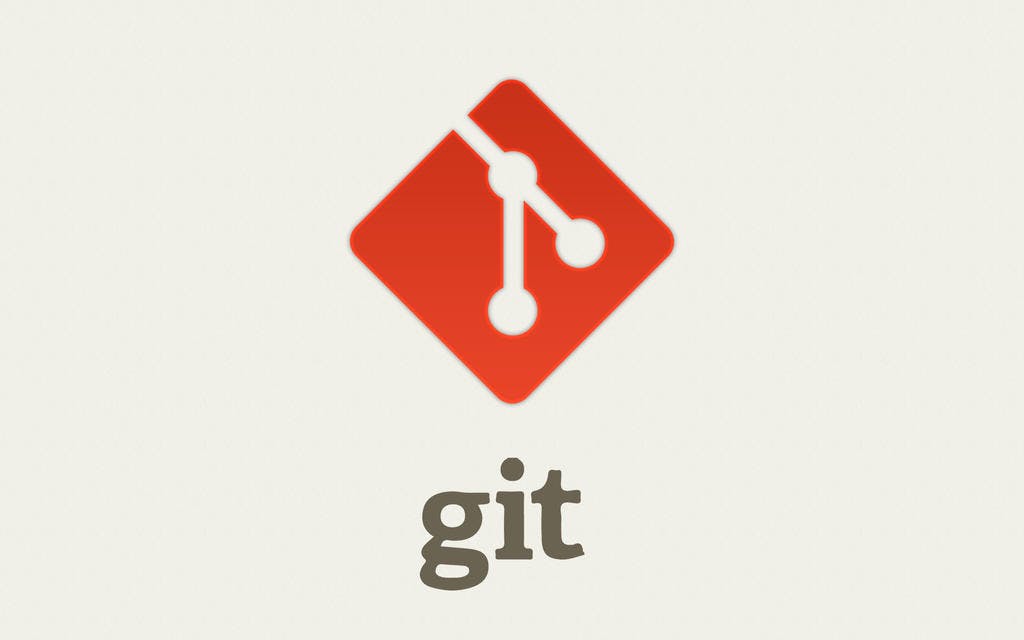
You also get a lot of help by saving different types of your source code and also can refer to the older versions if needed. The ease of reference makes Git an excellent tool for experimentation because you can create separate sections and fuse them only when every part is complete.
For integrating your DevOps workflow with Git, you also need repositories where the members of your team slide in their work. Presently, Github and Bitbucket are the two most popular online Git hosting services.
Both the above services can be merged seamlessly with Slack, which helps each member get notified when somebody takes a particular action.
Link to Git
4. Puppet
Puppet Enterprise is a configuration management platform that works on a cross-platform. The tool allows you to help in the management of your entire app infrastructure as a code. Puppet also gives the developers an open source tool for minor projects.
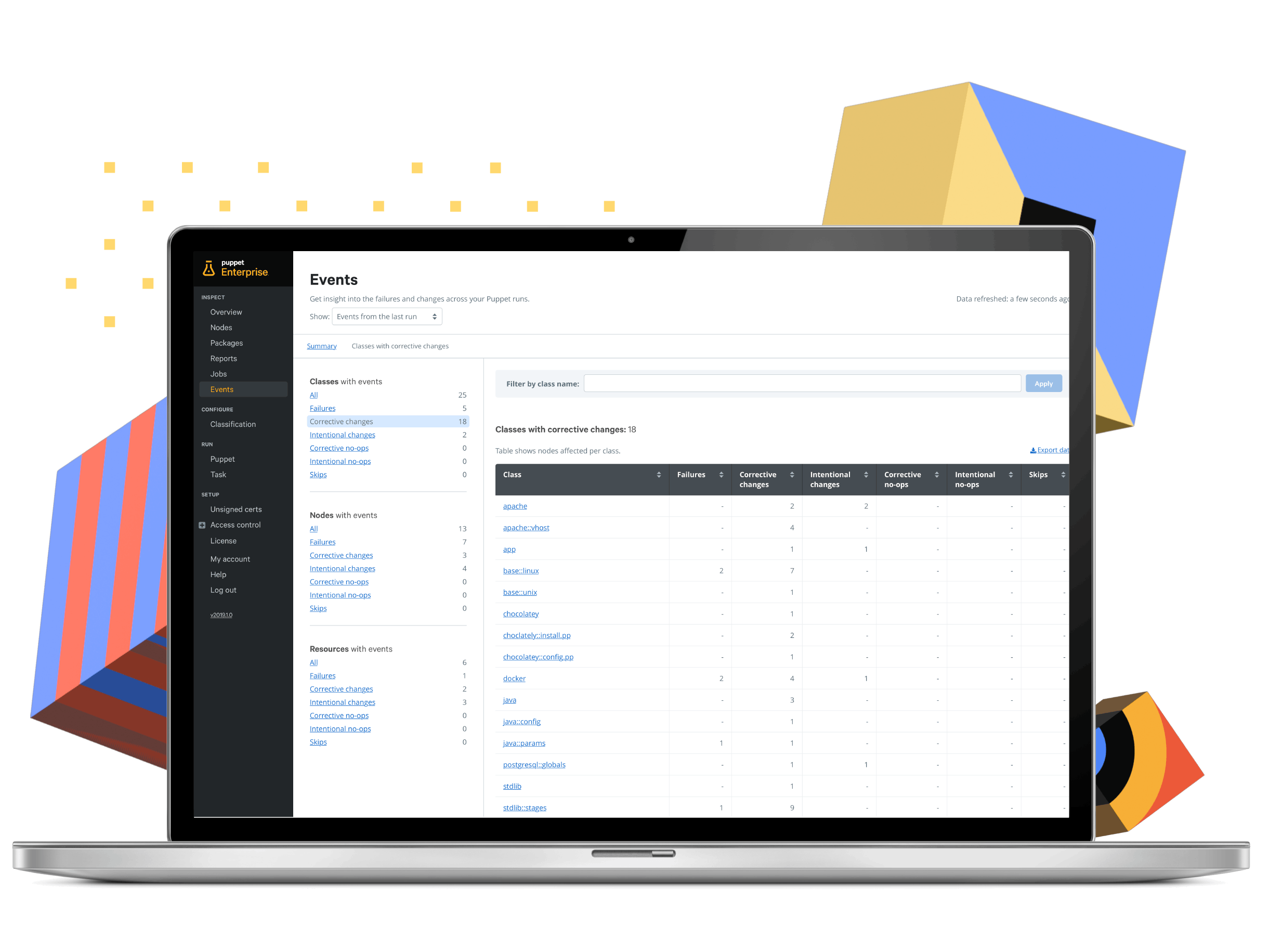
If you have the Puppet Enterprise, managing multiple teams and a whole load of resources becomes very easy. The most fantastic thing about Puppet Enterprise is that there are more than 5,000 kinds of modules and offers easy interlinking with the other DevOps tools as well.
Thus, we hope you this list of the devops tools helps you implement the best development and operations strategy. But to find out which DevOps tool works best for your team, you will need to experiment and test things. in the end, a tool’s performance boils down to your own goals and needs.
Link to Puppet
5. Chef
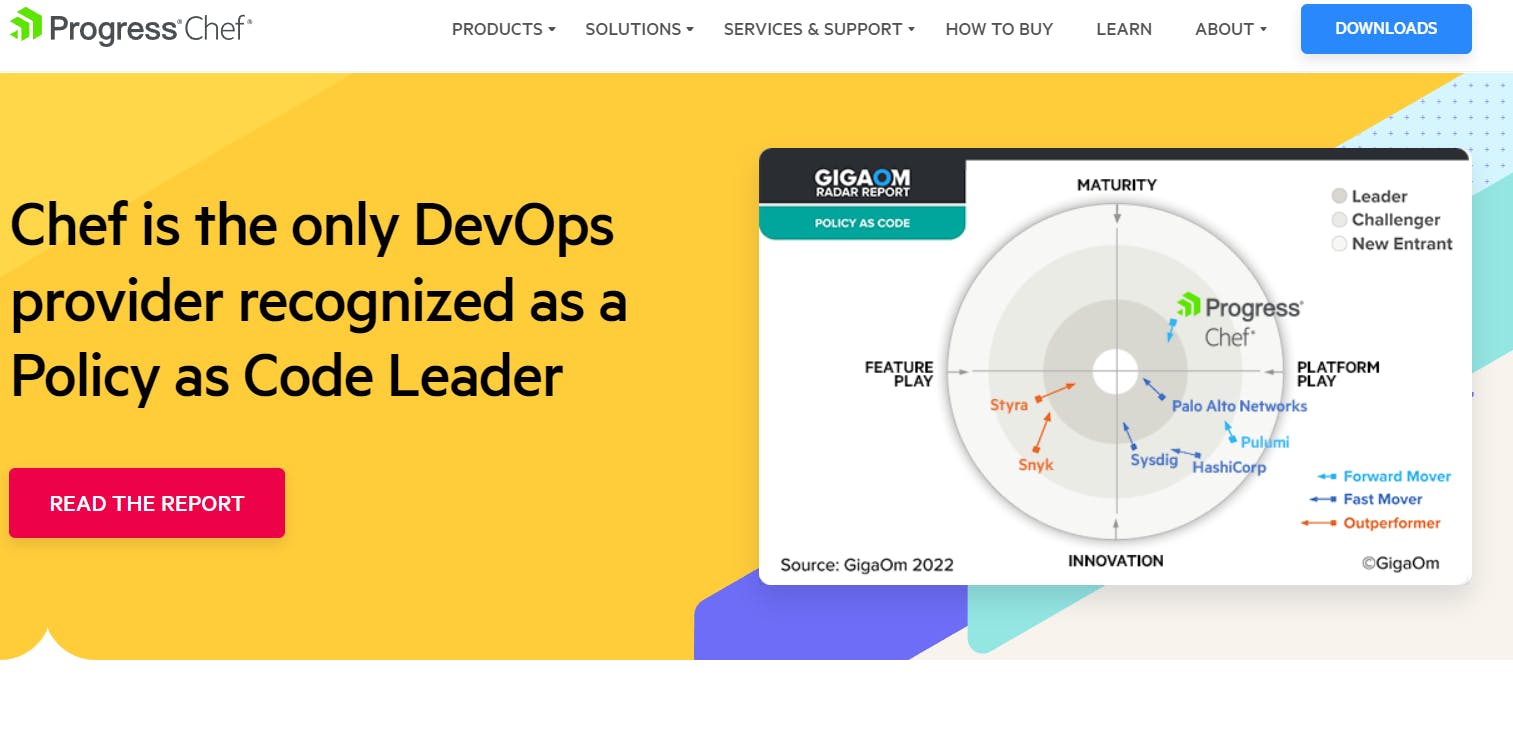 There's a lot you can do with Chef, from creating and removing users to adding SSH keys to users that are on multiple nodes to installing and uninstalling services. Use Chef to manage up to 10,000 nodes, and it's the central point of the Chef infrastructure. Cookbooks or recipes push changes to the nodes. The chef's three parts are a server, a workstation, and a node. With Infrastructure-as-Code methodologies, Chef is easy to use with support from AWS, Azure, and Rackspace APIs.
There's a lot you can do with Chef, from creating and removing users to adding SSH keys to users that are on multiple nodes to installing and uninstalling services. Use Chef to manage up to 10,000 nodes, and it's the central point of the Chef infrastructure. Cookbooks or recipes push changes to the nodes. The chef's three parts are a server, a workstation, and a node. With Infrastructure-as-Code methodologies, Chef is easy to use with support from AWS, Azure, and Rackspace APIs.
Link to Chef
6. Kubernetes
Now Kubernetes is a tool which takes containerization to a whole new level. It works nicely with Docker and its other alternate tools as well. Kubernetes helps in the grouping of containers into more logical units.
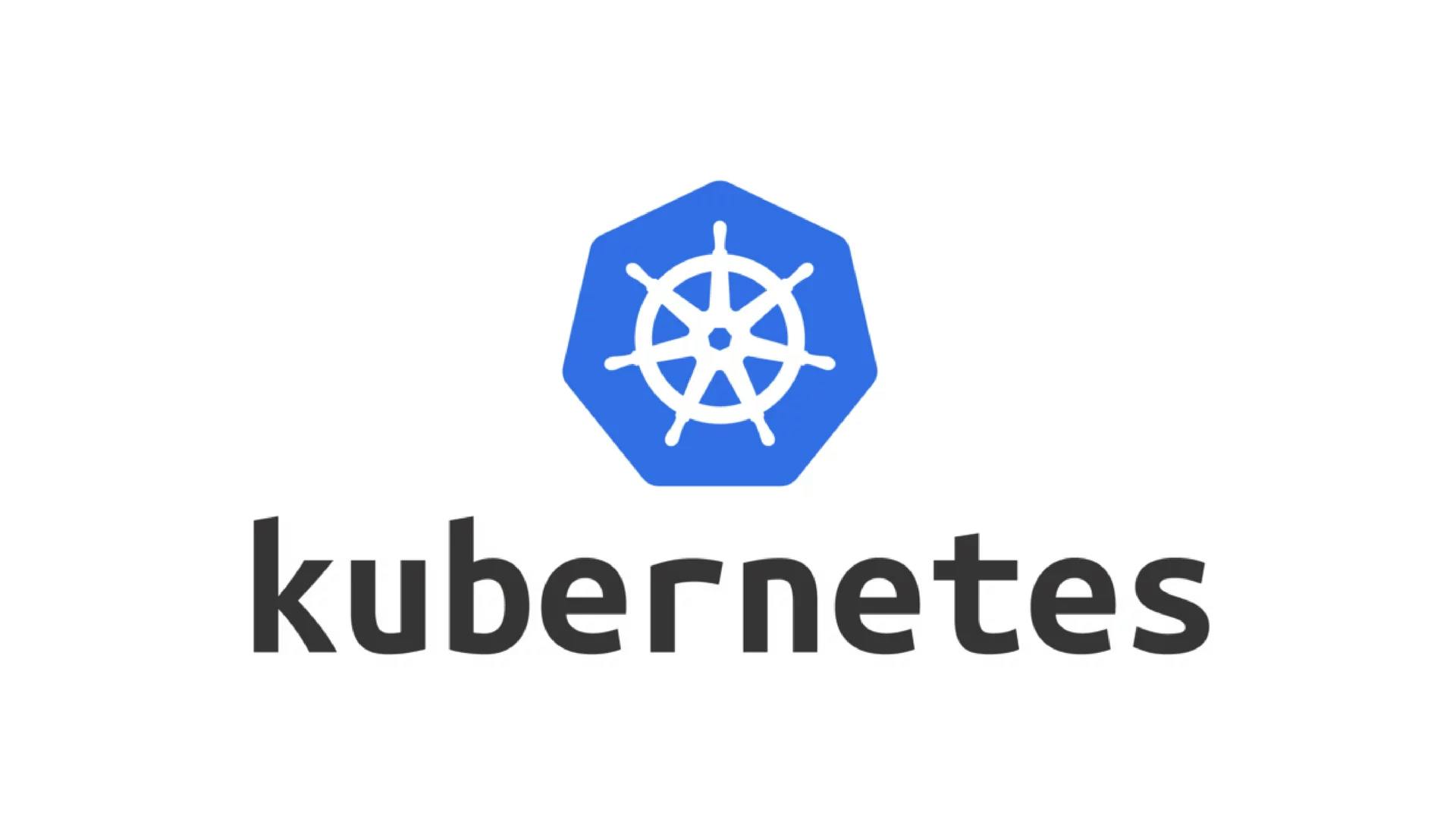
When it comes to Kubernetes, the need to link your containerized apps with a single machine does not exist. You can designate this function to a collection of computer systems. The tool then automatically distributes and schedules the containers along the computer collection.
Link to Kubernetes
7. Splunk On-Call
With Splunk On-Call, engineers and responders receive context alerts and remediation instructions. Their response time can be drastically reduced by collaborating with DevOps and IT practitioners.
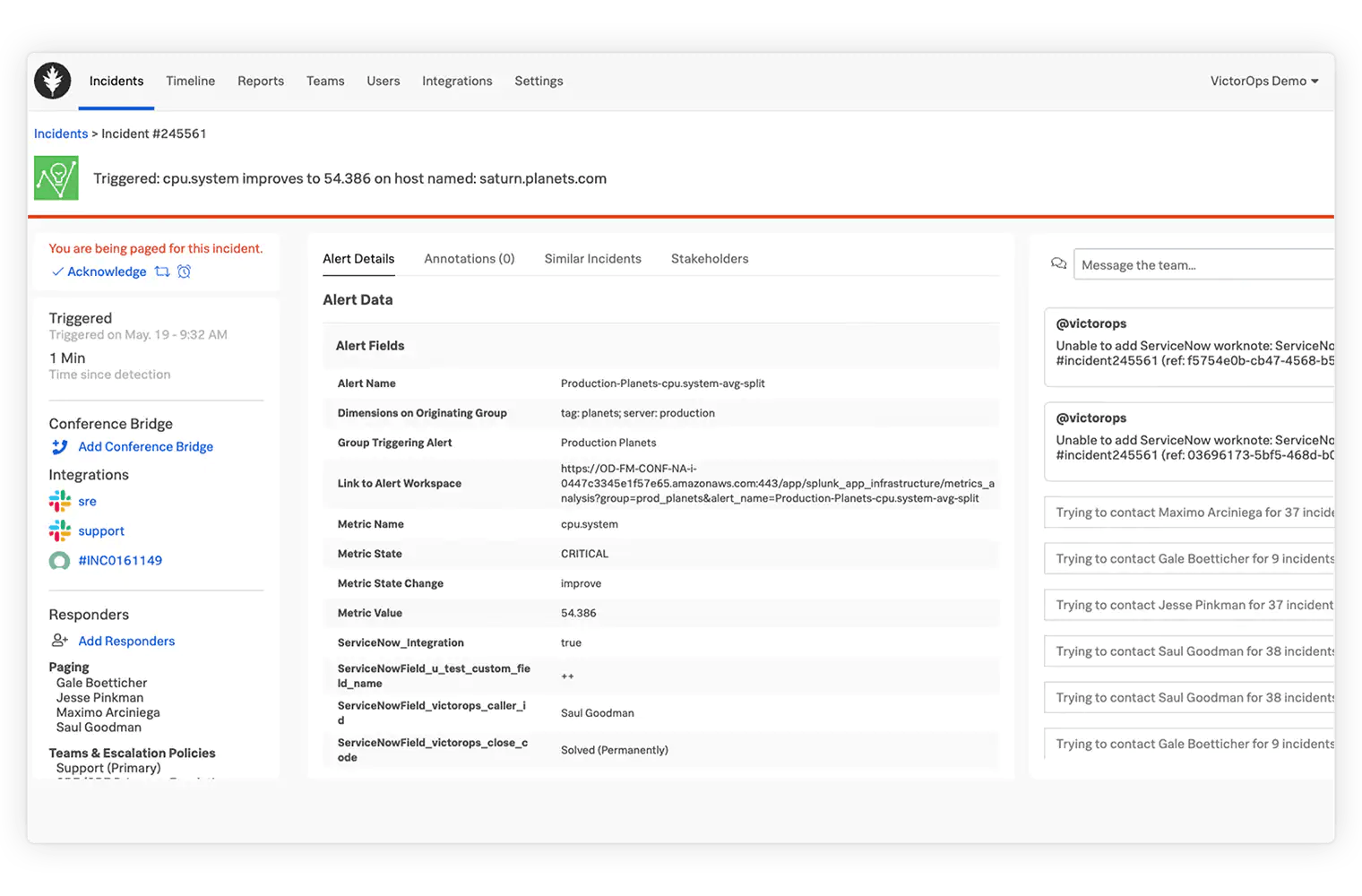 In addition to reducing burnout, managing alert noise, and resolving problems faster, teams can use reports such as MTTA/MTTR, Post-Incident Review, Incident Frequency, and MTTA/MTTR.
In addition to reducing burnout, managing alert noise, and resolving problems faster, teams can use reports such as MTTA/MTTR, Post-Incident Review, Incident Frequency, and MTTA/MTTR.
Link to Splunk on Call
In conclusion, these are the top and most preferred DevOps tools which make their operations efficient, precise, and quick. If you are eager to make your career as a developer.Choose the top recognized institutes or training providers and start your journey today.
Happy coding! 🙂
Thanks for reading and I will see you in my next blog. Also, you can follow me here Twitter and Instagram.
